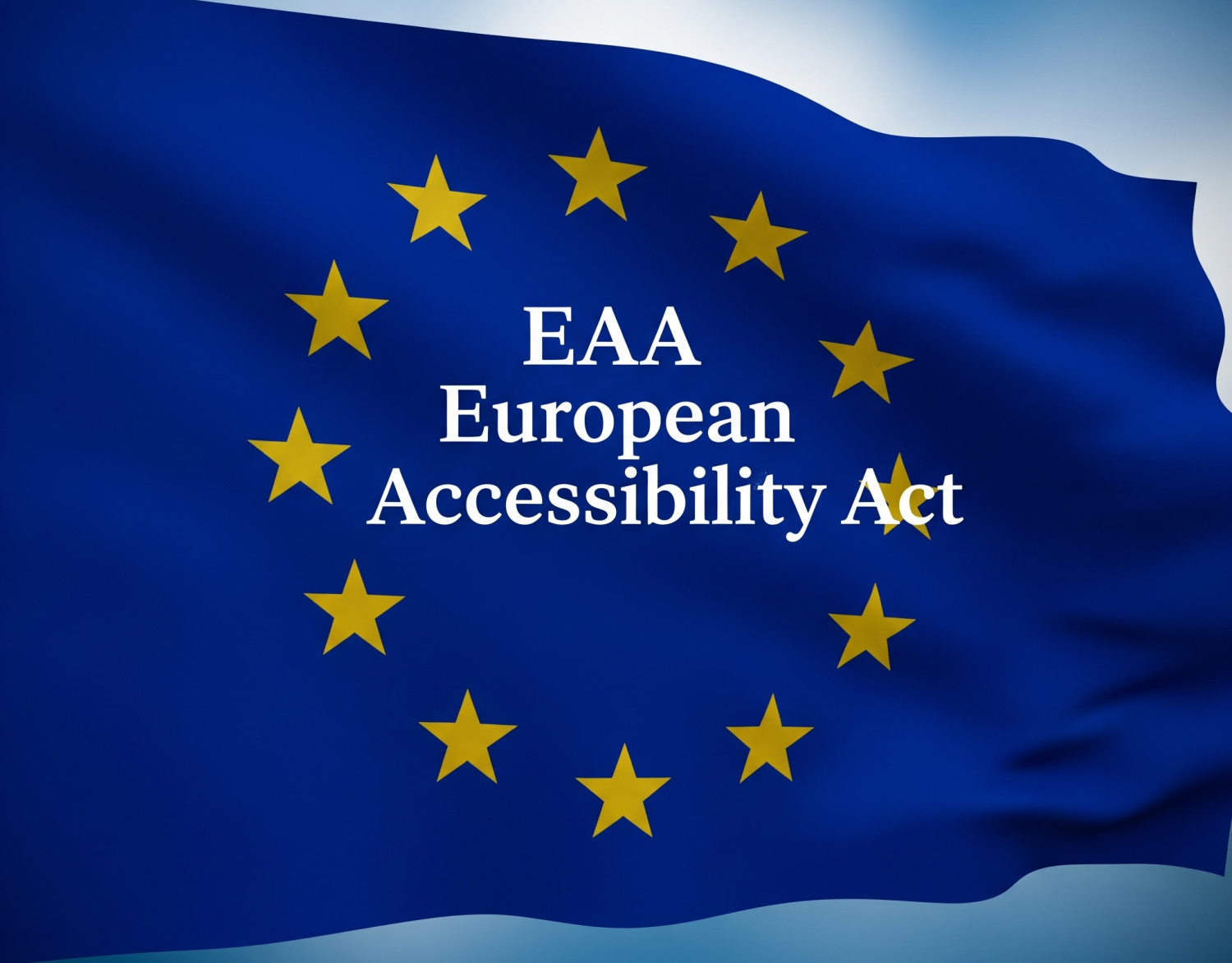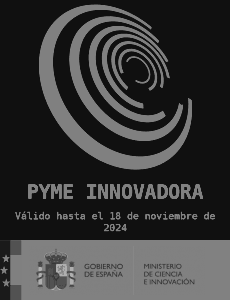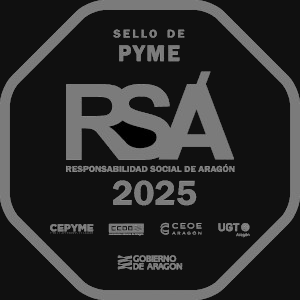
THE EUROPEAN ACCESSIBILITY ACT (EAA) WILL TRANSFORM DIGITAL ACCESSIBILITY IN EUROPE FROM JUNE 2025
On 28 June 2025, compliance with the European Accessibility Act (EAA) will be mandatory in all EU countries. A legislative change that requires digital products and services to be accessible to everyone.
This regulation establishes a common framework for ensuring the accessibility of websites, mobile apps and other digital products and services.
The EAA (Directive 2019/882) represents an evolution with respect to the previous model, focused on the public sector, and now extends to the private sector, promoting a more inclusive environment.
In Spain, this directive has been adapted to the national legal framework through Law 11/2023. This law requires it to be applied to websites, mobile Apps, computers, terminals that provide services (such as ATMs), and other environments.
What does EEA involve and why is it so relevant?
The EAA establishes common technical requirements across the EU. For developers of digital products and services (not just websites) it requires compliance with accessibility principles based on (but not limited to) the Web Content Accessibility Guidelines (WCAG) such as providing perceivable content, operable navigation, understandable language and compatibility with assistive technologies.
EAA key technical requirements for developers of digital products and services (such as websites, mobile applications and others)
The basic principles are based on the WCAG, standards developed by the W3C. Web and mobile applications should be:
- Perceptible: content should be visible and understandable to everyone (e.g. include alternative text in images).
- Operable: users should be able to interact via keyboard or other assistive technologies.
- Understandable: language should be clear, consistent and predictable.
- Robust: content should work with different technologies, including assistive technologies (e.g. screen readers).
To comply with the EAA, developers must apply a number of technical requirements to ensure accessibility by design.
The following are some of the main ones (not all) that must be implemented:
- Alternative text for images and buttons.
- Sufficient contrast between text and background.
- Keyboard navigation (no mouse).
- Correct labels on forms and inputs.
- Structured content with headings (h1, h2…).
- Accessible notifications (alerts, errors).
- Support for screen readers.
What changes with the EAA?
Unlike previous regulations, the European Accessibility Act imposes extensive technical requirements based on recognised European standards, such as EN 301 549 and WCAG 2.1 at level AA, ensuring that products and services are accessible from the moment they are designed.
But if I am already WCAG compliant then am I already compliant with the new EAA? No, compliance with the WCAG is necessary, but not sufficient in all cases to fully comply with the European Accessibility Act (EAA). The EAA goes beyond WCAG in aspects that are not covered by WCAG, such as the accessibility of hardware (physical buttons, touch screens), customer services or electronic documents outside the web environment (e.g. product information or instructions in accessible formats whose information must be clear, perceptible, manageable and understandable, allowing its effective use by people with different abilities).
Who must comply?
All service operators in key sectors, both public and private. Only micro service companies (less than 10 employees and EUR 2 million turnover) are exempt.
Sectors affected include:
- Banking and financial services
- E-commerce
- Passenger transport (websites, apps, travel information)
- Self-service terminals (ATMs, ticket machines)
- Electronic communication services (e.g. messaging, emergency calls) ● E-books and e-readers
- E-books and readers
- Audio-visual services (access to content)

What happens if it is not compliant with?
Failure to comply with the EAA entails significant penalties, which depend on the regulations of each country. In the case of Spain, the following penalties are defined:
- For very serious infringements, fines of up to €600,000. Repeated infringements could lead to a ban on operating in Spain for a maximum period of 2 years.
- For serious infringements, a fine of 30,001 to 150,000 euros.
- For minor infringements, a fine of up to €30,000.
From 28 June 2025, full compliance will be required. Some products in use before that date have a margin until 2030, but all new services will have to comply without exception.
Do you need help with EAA?
At Geoslab we specialise in the development of web information systems and we are passionate about designing with the user at the centre. We have extensive experience in demanding contexts in terms of accessibility. We recently shared our experience in a new project for the ONCE University School of Physiotherapy.
If you need help with the EAA you can contact us through this form.



